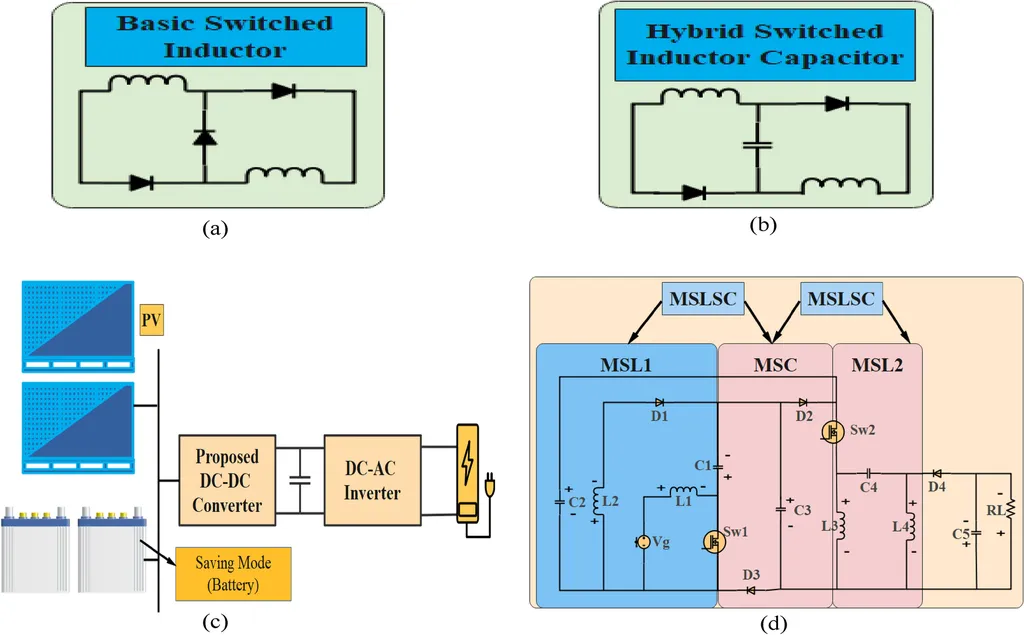In the dynamic world of energy conversion and management, precision and efficiency are paramount. A recent study published in *Kongzhi Yu Xinxi Jishu* (Control and Information Technology) has shed light on optimizing the charge and discharge circuit control for auxiliary converters, a critical component in power systems. Led by Liu Yi, the research delves into the intricacies of pre-charging time deviations, offering solutions that could revolutionize the energy sector.
Auxiliary converters play a pivotal role in power systems, ensuring smooth and efficient energy conversion. However, the pre-charging time of these converters often deviates from theoretical calculations, leading to inefficiencies and potential system instability. Liu Yi’s research addresses this very issue, providing a comprehensive analysis and practical solutions.
The study begins by examining the main circuit and logic control timing of auxiliary converters. “Through the simplification of the charge circuit and the model construction of the supporting capacitor, we were able to pinpoint the specific reasons for the charging time discrepancies,” explains Liu Yi. This detailed analysis is crucial for understanding the underlying causes of the problem and developing effective solutions.
One of the key findings of the research is the method for judging the optimal charging completion. This method ensures that the charging process is both efficient and accurate, minimizing time deviations and enhancing system performance. Additionally, the study proposes an action logic for the discharge contactor, further optimizing the charge and discharge process.
The research also highlights the role of the supporting capacitor in absorbing charging time lag. This finding is particularly significant as it opens up new possibilities for improving the efficiency of auxiliary converters. “The absorption effect of the supporting capacitor on charging time lag is verified by simulation, demonstrating its potential to enhance the overall performance of the system,” notes Liu Yi.
The implications of this research are far-reaching for the energy sector. By optimizing the charge and discharge circuit control of auxiliary converters, energy systems can achieve greater efficiency and stability. This, in turn, can lead to significant cost savings and improved reliability for energy providers and consumers alike.
As the energy sector continues to evolve, the need for precise and efficient energy conversion becomes ever more critical. Liu Yi’s research offers valuable insights and practical solutions that could shape the future of auxiliary converters and power systems as a whole. With the publication of this study in *Kongzhi Yu Xinxi Jishu*, the translation of which is Control and Information Technology, the energy sector is one step closer to achieving optimal performance and sustainability.
In the quest for energy efficiency, every second counts. Liu Yi’s research is a testament to the power of precise analysis and innovative solutions in driving progress in the energy sector. As we look to the future, the insights gained from this study will undoubtedly play a crucial role in shaping the development of auxiliary converters and power systems, paving the way for a more efficient and sustainable energy landscape.

